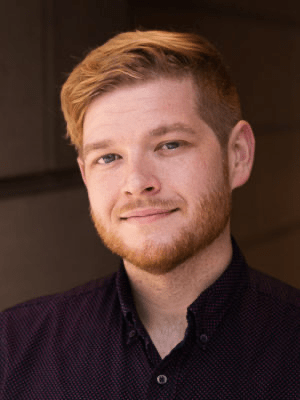One Reason a Break-up Hurts More than it Needs to
Of course it hurts to lose someone you love. Loving and being loved is at the center of being human. Whether a loss is a a break-up or a death, loss is loss. And we feel pain in the center of ourselves when someone we love is gone forever.
But there is a story we tell ourselves that makes the end so much worse.
Something that haunts us. One belief that leads to months, or years, of agony.
“I can make you stay….I can make you love me.”
Most of us live with the fiction that we can earn someones love. That if we just work hard, if we mold ourselves to their desires, we can keep them. It’s so seductive. That we have the power to get what we want. That we have the power to keep who we want close to us.
The idea that we could be safe from loss if we just do everything right is comforting.
But it’s a lie. And at the end of a relationship that comfort turns to anguish.
“What did I do wrong? Why don’t they love me anymore? Why did they leave me?”
We pour over our memories…trying to find the thing that went awry. What misstep, what mistake we made that turned them from us. Was there something we could’ve done? Could we have been easier to get along with? Lost weight? Made more money?
Our thoughts are consumed by trying to find what we did, what we said.
Because if we have the power to make them stay, then it’s our fault when they leave.
But we don’t have that power. We never did.
And that hurts in its own way. To accept that we can’t earn someones love is to accept that there are times when we won’t feel loved. We can’t make love happen. When love feels far from us that truth is so heavy.
But there is freedom in accepting that sadness. Because if being loved by others is a gift we can’t blame ourselves when it’s is gone.
So when your mind turns to the false promise of deserving someone’s love…
Of scrutinizing, criticizing, and judging yourself for it’s absence…
Guide yourself away from that struggle.
Allow yourself to just accept the loss. Feel sad. Grieve with yourself.
And then remind yourself of what you can control.
Even in this pain, you can love others. To ask yourselves to be loving.
But not as a bargain, not in the expectation of love in kind.
Love comes to us as a gift until it doesn’t.
And that’s ok. Because it will come again.

